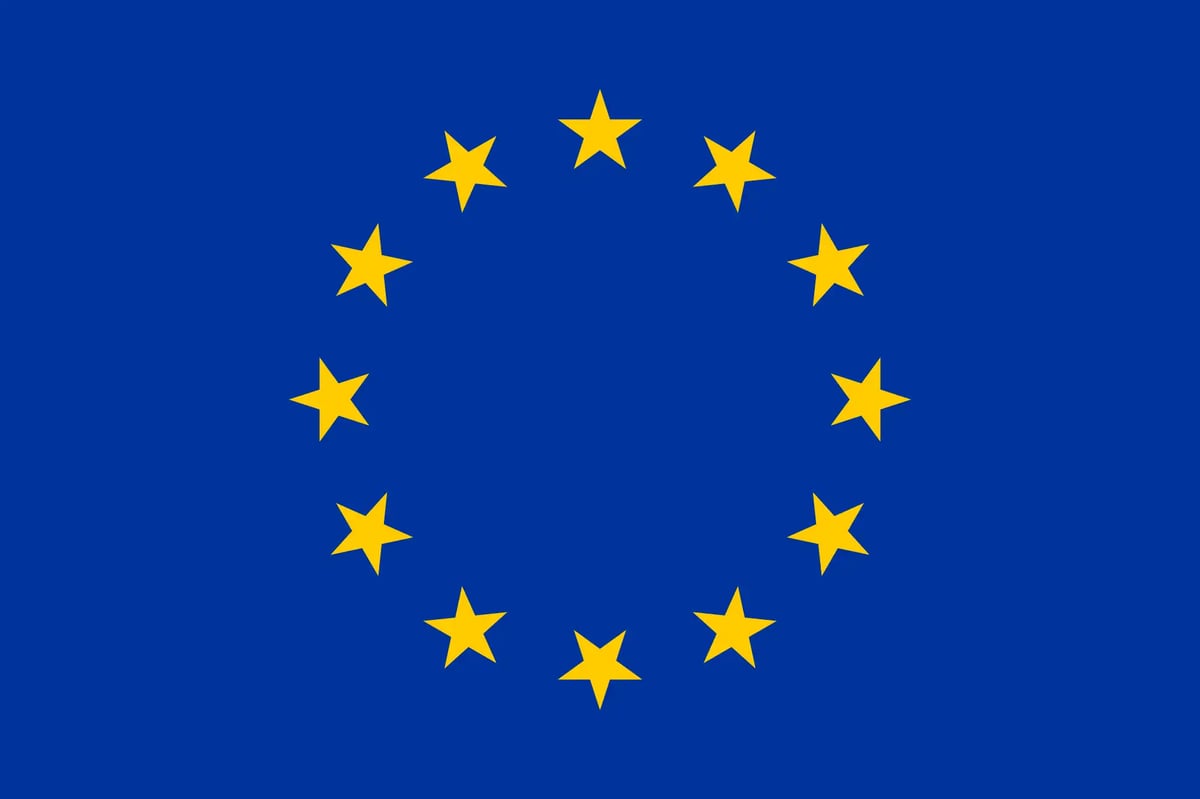With the current tight labour market, it is increasingly common in practice for Dutch employers to temporarily use foreign workers to cover certain peak periods, who are then posted to the Netherlands. This article describes the employment law legislation and regulations in case of cross-border posting.
If a foreign employer decides to temporarily employ workers through secondment in the Netherlands, the Terms of Employment Posted Workers in the European Union Act ('WagwEU') applies. The WagwEU provides protection for employees with regard to so-called 'hard core employment conditions'. This act is the Dutch implementation act of the European Posting of Workers Directive (EU 2018/957).
When does the WagwEU apply?
Posting under the WagwEU has three categories:
- Post workers on behalf of and under the supervision and direction of the service provider to a company in another Member State (e.g. contracting);
- Posting workers of a company to an establishment of that company or a company belonging to the same group in another Member State (intra-concern posting);
- Post workers to the recipient of services to perform work under the supervision and direction of the service recipient in another Member State (a regular secondment).
In addition, there are some exceptions to the WagwEU, which are included in the BagwEU (Decree on Terms of Employment Posted Workers in the European Union). These include, for example, short repair activities, business meetings or attending conferences abroad. The WagwEU does not apply to these more occasional activities.
Which terms of employment should be applied?
Article 2 WagwEU sets out the conditions of employment to be applied to the employee falling under the scope of the WagwEU. This is in addition to the priority rules in Article 9 Rome I. These priority rules already always apply in the case of work in the Netherlands. This total package constitutes the 'hard core of employment conditions'. This briefly involves:
- the statutory minimum wage;
- legislation on working conditions (including the Working Conditions Act);
- legislation on working and rest times (including Working Hours Act);
- equal treatment regulations (including the General Equal Treatment Act);
- holiday legislation (minimum number of holidays, expiry dates);
- rules of the Dutch Posting of Workers by Intermediairies Act (‘Waadi’);
- if there is a collective agreement that has been declared generally binding, the hard-core employment conditions from this collective agreement also apply. In that case, an equal pay standard broader than the statutory minimum wage applies;
The aforementioned conditions apply during the first 12 months of posting. The WagwEU therefore assumes temporary work. This 12-month period can be extended once to 18 months.
After the 12-month period (or with extension to 18 months), all mandatory terms and conditions of employment apply, except (in short) dismissal law and pension legislation.
The hard core terms of employment should prevent unequal competition from foreign workers. In particular, if there is a regular secondment situation (where the equal pay from Waadi should be applied) and/or a generally binding collective agreement applies (on the basis of which an equal pay standard applies), the foreign worker will have to be paid equally, thus preventing such competition.
Duty to notify
The foreign company posting an employee to the Netherlands is obliged to report this to the Dutch Labour Inspectorate prior to the posting. This can be done through www.postedworkers.nl. Failure to comply with this notification obligation may result in fines. In addition, the Dutch company must check whether this notification obligation has been met and a fine can also be imposed on this company, so that guarantees are established for both parties to meet this obligation.
In conclusion
In case of cross-border posting, it is wise to first determine which laws and regulations need to be applied and then establish the terms of employment. We are of course happy to look into this and advise on the applicable legislation and regulations. We can also assist with the notification obligation.












